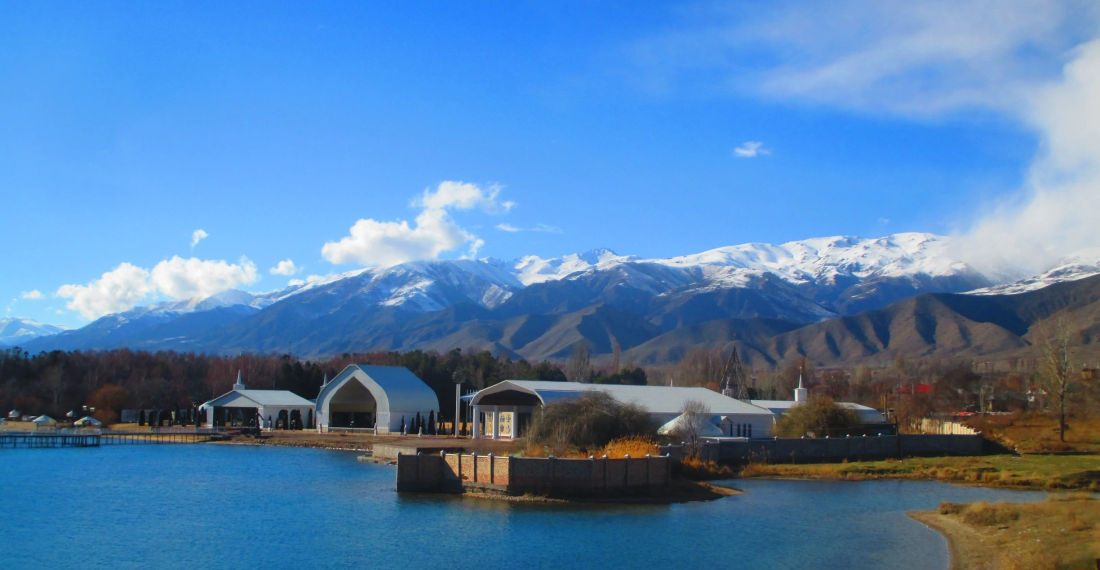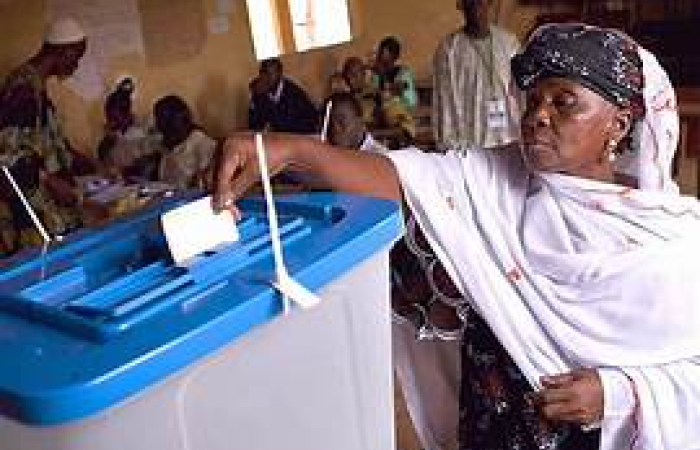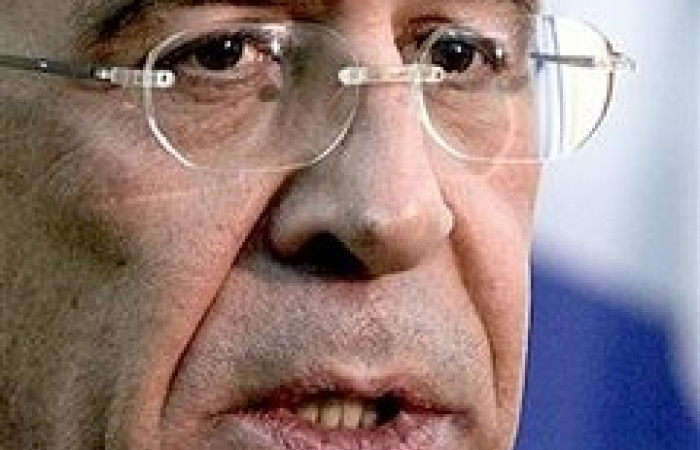The second EU-Central Asia summit is taking place on 2-3 June in Cholpon Ata, Kyrgyzstan, on the northern shores of Issyk-Kul Lake. The first EU-Central Asia summit took place in Astana in October last year, while the second EU-Central Asia economic forum took place recently, on 19 May in Almaty.
As reported by the press and information team of the EU delegation to Kyrgyzstan, the summit will "gather leaders of Central Asian countries and the EU to discuss prospects of regional cooperation between Central Asia and the EU as well as regional and international developments".
Meanwhile, the Kyrgyz press agency Akipress reports that "the parties will dicuss current state and future prospects of political, trade and economic, cultural, and humanitarian cooperation between the two regions. Additionally, the participants will exchange views on pressing international issues and cooperation between the Central Asian states and the European Union".
The President of Kyrgyzstan Sadyr Japarov will host the summit alongside European Council President Charles Michel, who only yesterday was chairing a meeting of the Armenian and Azerbaijani leaders, Nikol Pashinyan and Ilham Aliyev, in the Moldovan capital, Chisinau. You can read more about this meeting here.
Kyrgyz and Tajik presidents to meet as "progress" made over border delimitation
The summit in Kyrgyzstan will be attended by the Kazakh President Kassym-Jomart Tokayev, the Uzbek President Shavkat Mirziyoyev, the Tajik President Emomali Rahmon, and the Turkmen Deputy Chairman of the Cabinet of Ministers, Nurmukhammet Amannepesov.
A different Kyrgyz news agency, 24.kg, is reporting that the Kyrgyz and Tajik presidents will also hold a bilateral meeting, although what they will discuss has not been reported.
Between 2021 and 2022, violence broke out between Kyrgyzstan and Tajikistan over a border dispute, with around 100 people being killed in September 2022 alone. Border delimitation work has since been ongoing, and in February this year both Kyrgyz and Tajik officials reported "progress" on the issue.






